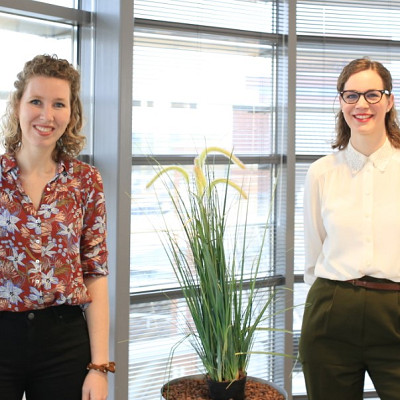Supervisors
Academic Primary Supervisors and Co-supervisors
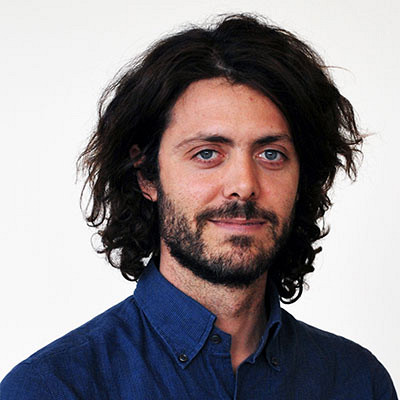
Jampel Dell’Angelo is Associate Professor of Water Governance in the Department of Environmental Policy Analysis at the Institute for Environmental Studies (IVM), Vrije Universiteit Amsterdam, The Netherlands. He is an environmental social scientist interested in the political economy of natural resources, in particular water.
His research is on the multilevel dimensions of cooperation and conflict over freshwater resources. The focus of his research spans from socio-environmental dynamics of climate change adaption in community irrigation schemes of rural Kenya to global patterns of virtual water appropriation associated with transnational land investments. He employs mixed methods and builds on theoretical pluralism combining perspectives from the Bloomington School of Political Economy and the Barcelona School of Political Ecology. Believing in the necessity to conduct true interdisciplinary research to tackle complex water governance problems he draws on a socio-environmental synthesis approach.
Dell’Angelo is a Visiting Scholar and Member of the Ecohydrology Lab in the Department of Environmental Science, Policy and Management at University of California, Berkeley and an Environmental Governance Affiliate Scholar at the National Socio-Environmental Synthesis Center (SESYNC), Maryland.
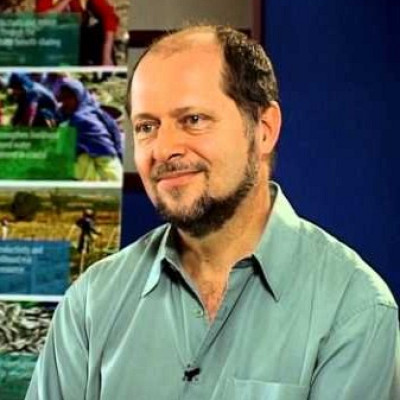
François Molle has 35 years of experience in research for development in the fields of irrigation systems and irrigated farming systems analysis, water resources development and management, and water governance and policy. His initial expertise shifted from small dam systems (Northeast of Brazil), to large scale irrigation management (Mali, then Thailand, Sri Lanka, Egypt), to the analysis of regional development (Southeast Asian and Nile Deltas), river basin governance and water policy (Southeast Asia, Jordan, Iran, Sri Lanka, Syria, Egypt), and groundwater governance (Middle-east and Northern Africa). François Molle is mostly interested in multi-disciplinary and systemic approach of irrigation systems, aquifers and river basins, governance and policy analysis, and in the interaction between societies, technology and the environment. He is the co-editor of Water Alternatives.

Maria Cristina Rulli is Professor of Hydrology at the Politecnico di Milano, Italy. Her research focuses on the mutual interaction between hydrological processes and humanity. She has investigated the effects of anthropogenic and natural disturbances such as land use change, climate change, forest fires, and new infrastructures on both the hydrological response and sediment yield of a variety of watersheds at different spatial and temporal scales. Recently, she has been investigating the impact of climate change, urbanization, deforestation, land degradation, population growth, changes in food consumption, changes in energy policies on the management of water and other natural resources. Her work has analyzed the effect of environmental externalities, interdependencies and teleconnections on natural resource availability. In particular, she has focused on the emergent phenomenon of Large Scale Land Acquisition (LSLA) and its implication for water, energy and food security. Her work has helped to define and quantify the global phenomenon of “water grabbing” and explored its impacts on water governance, rural livelihoods, and the emergence of water conflicts. She is currently investigating global water and food security and environmental sustainability issues using the Food-Energy-Water Nexus perspective. She is studying the nexus existing between hydrological risk and food security. Specifically, she is analyzing the direct effects of hydrologic extremes (e.g., floods, droughts, landslides, hurricanes, typhoons) on food production and availability and the cascades effects on conflicts and human migrations occurrence. Her most recent research concentrates on the nexus between nutritional security and environmental resources especially water. In particular, focusing on food related diseases she is investigating if the available natural resources are able to meet sustainable diets helping to contrast food based diseases.
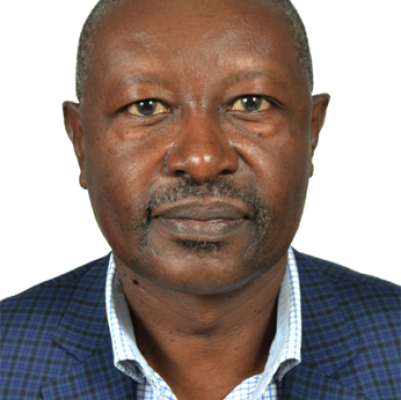
Nicholas Oguge is a Professor of Environmental Policy at the Centre for Advanced Studies in Environmental Law and Policy (CASELAP), University of Nairobi. He is an Expert with the Intergovernmental Science-Policy Platform for Biodiversity and Ecosystem Services African Regional Assessment, a Trustee at the African Conservation Centre (ACC), the founding President of the Ecological Society for Eastern Africa (ESEA), and a member of the Editorial Board, African Journal of Ecology. He has interest on a wide range of sustainability issues including water-energy-food nexus. He was a member of Ministerial Task Force on Climate Change Policy and Bill (2013), and the Team Leader in the revision of National Wildlife Conservation and Management Policy (2017) in Kenya. He has published widely on environmental governance and sustainability, and co-authored journal articles, book chapters and technical guides around water governance.
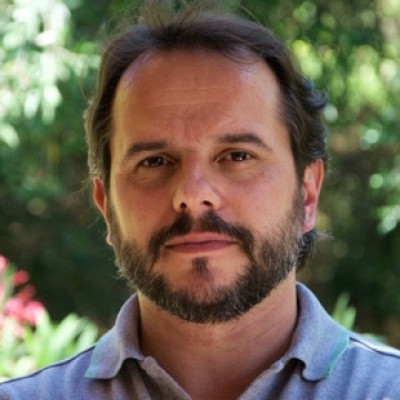
Andrea Castelletti is a professor at Politecnico di Milano, Italy, and a senior scientist at ETH Zurich. He received an MSc degree in Environmental Engineering and a PhD in Information Technology from Politecnico di Milano in 1999 and 2005. He is the head of the Environmental Intelligence Lab at Politecnico di Milano.
Dr. Castelletti research interest includes water systems planning and control under uncertainty and risk, decision-making for complex engineering systems, big environmental data analytics and smart sensing, information theory and selection for environmental decision making. He is leading a group with 4 post-docs, 5 PhD students and 3 research associates, and he is involved in a number of national and international projects as coordinator or principal investigator.
Dr. Castelletti is co-author of two international books on integrated water resources management, and more than 150 publications in international journals, book chapters and conference proceedings. He is Associate Editor of Water Resources Research, the Journal of Water Resources Planning and Management, Environmental Modelling and Software, and Socio-environmental System Modelling.
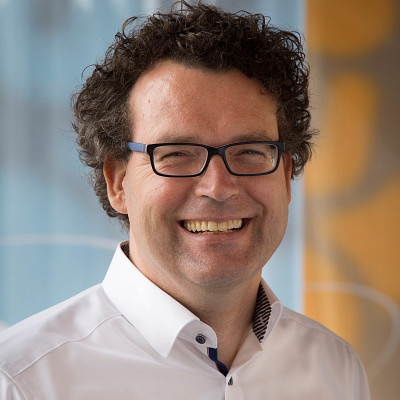
Dr. Dave Huitema is Professor of Environmental Policy at the Netherlands Open University and Professor of Public Administration and Policy at Wageningen University.
Huitema and his group of colleagues focus on the adaptability of policy systems. For policy systems to be adaptable, learning needs to take place and agency needs to be developed to translate learning in policy change. This is why the team is analyzing for example the role of experiments, evaluation, and entrepreneurs in learning and policy innovation.
Currently, Huitema fulfills several academic roles. He is the chair of the Public Administration and Policy Group at the Wageningen University & Research, vice-chair of the Department of Science of the Faculty of Management, Science and Technology at the Netherlands Open University (OU), member of the Research Committee of the latter Faculty, and he is one of the coordinators of the OU research program on Safety and the City. Huitema is member of the Governing Board of the Dutch National Research School for the Environmental Sciences (SENSE, representing the NL Open University), and he is a member of the editorial board of various academic journals (including "Ecology and Society" and “Global Environmental Change”).
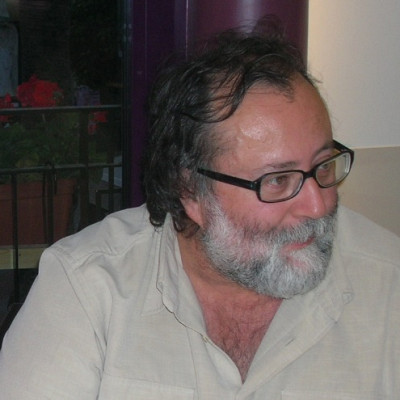
Miguel Angel Esteve Selma is professor of Ecology at University of Murcia , co-coordinator of the Sustainability Observatory and member of the Expert Commission of the Regional Observatory of Climatic Change in Murcia since its start in 2007. His main research lines include wetlands, ecology and water resources in arid environments, integrated management of coastal areas and coastal lagoons, effects of climate change on biodiversity of Mediterranean ecosystems, dynamic modelling of socio-ecological systems, particularly in arid systems and practical approaches to science-policy interface. He has leaded or participated in more than 40 research projects, including European projects dealing with coastal lagoons and their watersheds. He has more than 160 scientific publications on these topics.
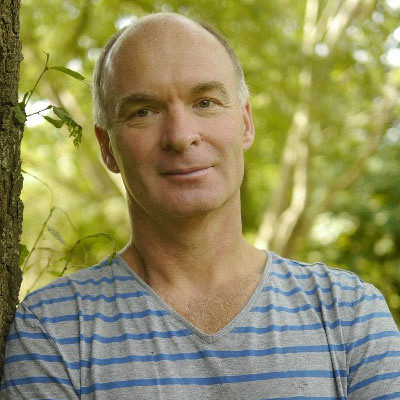
Rutgerd Boelens is Professor of ‘Water Governance and Social Justice’ at Wageningen University, The Netherlands, and Professor ‘Political Ecology of Water in Latin America’ with CEDLA, University of Amsterdam. He also is Visiting Professor at the Catholic University of Peru and the Central University of Ecuador. He held the 2013-2014 Chair ‘Territorial Studies’ with the Mexican Science Foundation and COLSAN. He coordinated the international Water Law and Indigenous Rights alliance WALIR, and several large water governance and environmental justice research programs. Currently he directs the international Justicia Hídrica/Water Justice alliance (www.justiciahidrica.org). His research focuses on political ecology, water rights, legal pluralism, water cultures and cultural politics, governmentality, hydrosocial territories, and social mobilization, mainly in Latin America and Spain.

Maria Kaika holds a PhD from Oxford University, and an MA in Architecture and Planning from the National Technical University of Athens. She is Fellow of the Netherlands Institute for Advanced Study in the Humanities and Social Sciences (2019/20), and Chair in Urban Regional and Environmental Planning, at the University of Amsterdam. She has taught at the Universities of Oxford (tenured), Manchester (tenured) Paris Est (LATTS), KULeuven, University of London and TU Vienna. Her international academic roles include: panel member of the European Research Council (ERC SH2), high level foreign expert of the Belgian Science Policy Office in Humanities, Chief co-Editor of the International Journal of Urban and Regional Research. (2010-2017), elected Professor of the City of Vienna (2013). Her research focuses on three interrelated themes: urban political ecology, cities crisis and land financialization, and urban radical imaginaries. She has been awarded funding from national and international research councils including the British Academy, EU Frameworks, and Marie Curie ITN. Maria Kaika is author of many academic articles and books including: City of Flows: Modernity, Nature and the City (2005; Routledge, New York) In the Nature of Cities: urban political ecology and the metabolism of urban environments (2006; Routledge, London with N Heynen and E Swyngedouw) The political ecology of Austerity (2020 Routledge London, with R Calvario and G Velegrakis).
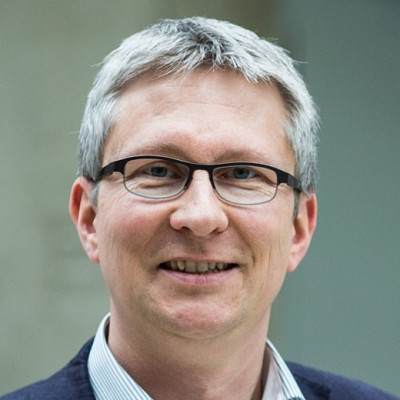
Dr Jens Newig is full Professor of Governance and Sustainability at Leuphana University Lüneburg, Germany. He is member of the Faculty of Sustainability and of the Centre for the Study of Democracy and director of Leuphana’s Institute for Sustainability Governance (INSUGO). A geo-ecologist by training with a doctoral degree in Law and an Habilitation in political science and systems science, Jens is now engaging in inter- and transdisciplinary governance research. Building on research projects funded inter alia by the European Research Council or the German Research Foundation, Jens and his team have published widely on issues of water governance, participatory, collaborative and globalized environmental and sustainability governance, aspiring produce but also to cumulate evidence in the field.
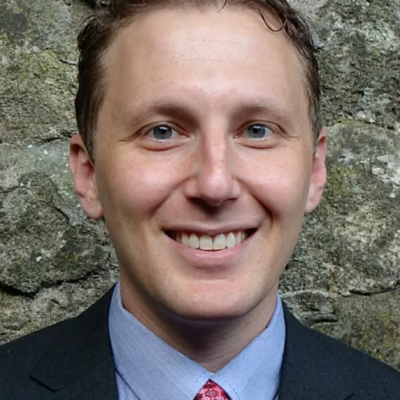
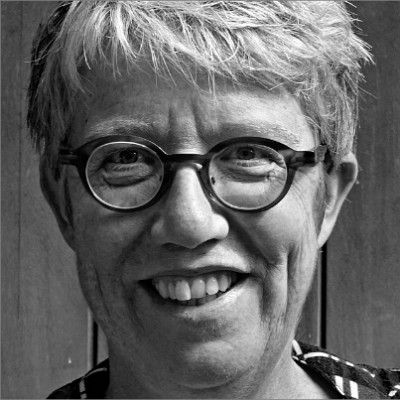
Margreet Zwarteveen is Professor of Water Governance at IHE-Delft and the University of Amsterdam. Trained as both an irrigation engineer and a social scientist, Margreet is interested in water allocation policies, technologies and practices, and the knowledge that justify or inform these. She focuses her research and education on questions of (gender-) equity and justice. In her work, Margreet favours inter-or transdisciplinary approaches, seeing water flows and distributions as the outcome of interactions between natures, technologies and people. Margreet currently is a FIAS (French Institute for Advanced Studies) Fellow in Montpellier, to work on a project called “Caring water practices and practicing water care”. She is also the project leader of a large international research network T2SGS: Transformations to Groundwater Sustainability (funded by the Belmont-Norface Programme on Transformations to Sustainability) to study and learn from bottom-up initiatives to protect or share groundwater.
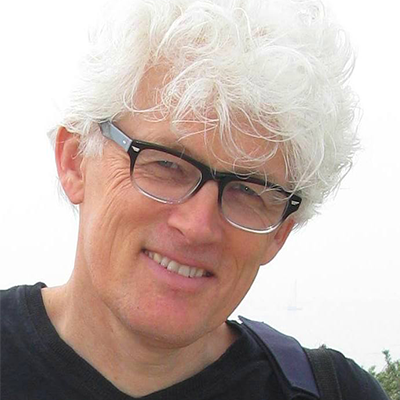
Peter Mollinga is Professor of Development Studies, at the Department of Development Studies at SOAS University of London. His research interests are: 1) water and development; 2) the dynamics of agriculture and environmental resources management; 3) interdisciplinarity in efforts at ‘integrated’ natural resources management and governance. His geographical focus is Asia, particularly South Asia and Central Asia. He was trained as an irrigation engineer at Wageningen University, the Netherlands; his Masters dissertation was on small scale irrigation management in the Senegal river valley; his PhD is on irrigation water management in South India. He completed his Habilitation in Development Sociology at the University of Bonn, Germany. Since 2010 he is Professor of Development Studies at SOAS University of London, UK, where he also initiated the Centre for Water and Development.

Professor Rob Hope is Director of the Water Security Initiative at the School of Geography and the Environment, Director of the Water Programme at the Smith School of Enterprise and the Environment, and Lead of the Smart Water Systems group (with Engineering Science). His research interests focus on water policy, poverty and economics, largely in Africa and Asia. He is Director of the REACH programme, a member of ESRC’s International Development Expert Group for the Global Challenges Research Programme, and is a member of an expert consultative group on global monitoring and WASH affordability convened by UNICEF and the WHO. In 2018, the Smart Water Systems’ group won the inaugural University of Oxford’s Vice Chancellor’s Innovation Award for the ‘smart handpumps’project. He has won competitive research grants from the UK Research and Innovation (NERC, ESRC), DFID, UNICEF, USAID, the World Bank, the Skoll Foundation and the Gates Foundation. He teaches on the MSc Water Science, Policy and Management and supervises a small group of outstanding DPhil/PhD students. He is a founding Trustee of Water Services Maintenance Trust Fund in Kenya and is co-Director of Oxwater Ltd.
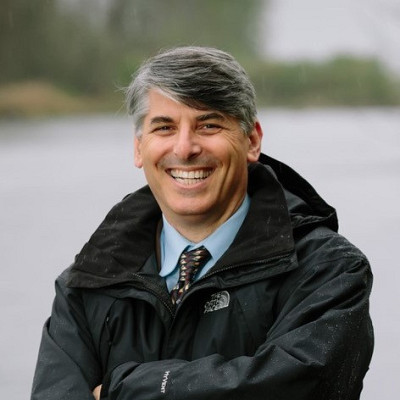
Aaron T. Wolf, PhD is a professor of geography in the College of Earth, Ocean, and Atmospheric Sciences at Oregon State University, USA, whose research and teaching focus is on the interaction between water science and water policy, particularly as related to conflict prevention and transformation. A trained mediator/ facilitator, he directs the Program in Water Conflict Management and Transformation, through which he has offered workshops, facilitations, and mediation in basins throughout the world. He is the author, most recently, of The Spirit of Dialogue: Lessons from Faith Traditions in Transforming Conflict.
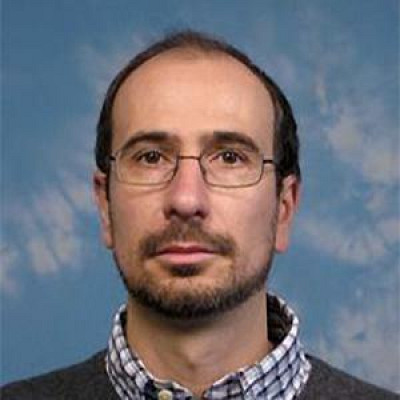
My research focuses on the role of hydrological processes in the functioning of terrestrial ecosystems. Through the analysis of the soil water balance I have highlighted important nonlinearities in the coupling between soil moisture dynamics and plant water stress, biogeochemical cycling, land-atmosphere interactions, plant community composition, and soil susceptibility to wind erosion. Using field observations and process-based models, I am investigating new mechanisms of desertification and factors contributing to the resilience of the desert margins. Our group's work has highlighted the role played by positive feedbacks with the physical environment on the resilience of savannas, dry tropical forests, desert shrublands, freshwater wetlands, mangrove swamps, and seagrass meadows. Our work has also shown how environmental noise may increase the complexity of ecosystem dynamics by inducing new states, bifurcations, or pattern formation. I am currently investigating the globalization of water through virtual water trade and international land investments, and its impact on water equity, societal resilience, environmental stewardship, and food security.
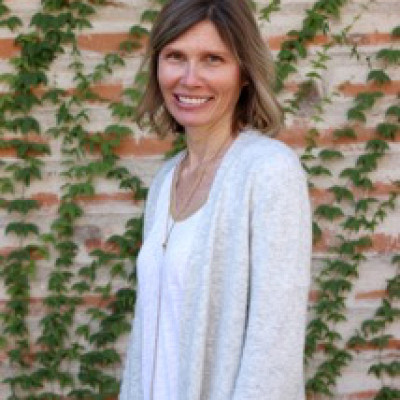
Andrea K. Gerlak is Professor at the School of Geography, Development & Environment (SGDE) and Research Professor at Udall Center for Studies in Public Policy, at the University of Arizona.
Her research focuses on institutions for governing water resources. She examines cooperation and conflict around water, including questions of institutional change and adaptation to climate change in rivers basins, and human rights and equity issues in water governance.
Gerlak is a senior research fellow with the Earth System Governance Project, an international social science research alliance exploring political solutions and novel, effective governance mechanisms to address global environmental challenges. She recently served as a Lead Author on the Earth Systems Governance Science and Implementation Plan, which sets out the agenda for the next decade of earth system governance research.
She serves as a co-editor for the Journal of Environmental Policy and Planning, an international journal published by Taylor and Francis providing a forum for the critical analysis of environmental policy and planning. She also is a member of the editorial board for Anthropocene, a journal addressing the nature, scale, and extent of the influence that people have on Earth.

Nicolas Jager is a postdoctoral researcher at the research group on Ecological Economics at Carl von Ossietzky University Oldenburg. He is a trained political scientist and obtained a PhD at the interface between political science and sustainability science at Leuphana University Lüneburg. His work comprises various topics including environmental governance, water resource management, climate adaptation, and public participation. More information here.
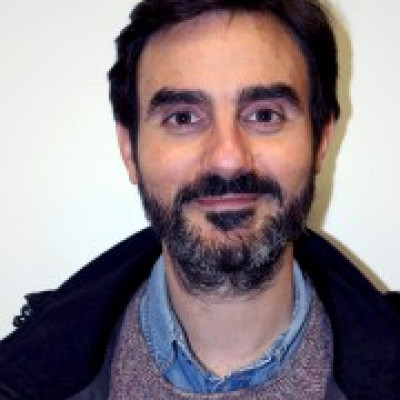
Sergio Villamayor-Tomas is currently Ramon y Cajal Research Fellow at the Institute of Environmental Science and Technology (ICTA-UAB), at the Autonomous University of Barcelona. He is also affiliated with the Ostrom´s Workshop (Indiana University) and the Berlin Workshop in Institutional Analysis of Socio-Ecological Systems (WINS). His research areas are climate change adaptation, community-based natural resource management, and polycentric governance. His research approaches are institutional economics, political economy and political ecology. Specific topics include adaptation to droughts and other disturbances in the irrigation sector, bottom-up management solutions to the water-energy-food nexus, transboundary river management, and the interaction of social movements and commons management. He has carried fieldwork research in Spain, Colombia, Mexico, and Germany with grants from the U.S. National Science Foundation (NSF), the Canadian Social Science Research Council (SSHRC), the Latin-American Association of Environmental Economists (LACEEP), the BiodivERsA/FACCE-JPI network and the Government of Balearic Islands, among others.
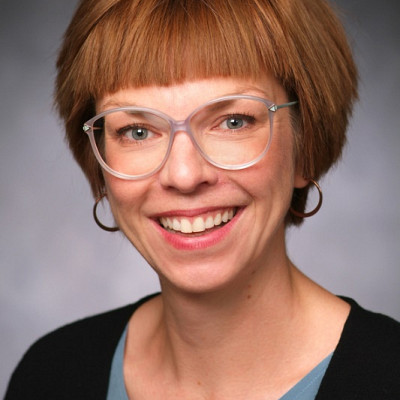
Nadine Reis is a human geographer and sociologist. She holds a PhD in development sociology from the University of Bonn, and is a research professor at the Center for Demographic, Urban and Environmental Studies (CEDUA) at El Colegio de México. Her current research focuses on financialization and urbanization in Latin America, especially Mexico. She has worked in projects on water resources management, water supply and sanitation, and land, agriculture and food security. She has published in The Journal of Peasant Studies, Globalizations, and Water Alternatives, among other journals.
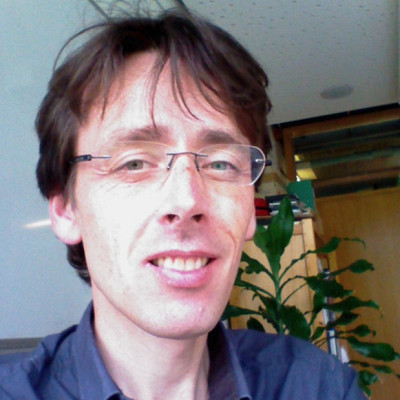
Jeroen Vos is Associate Professor in the department of Water Resources Management at Wageningen University, The Netherlands. As a water policy advisor he worked for a decade in Peru and Bolivia with different international development organizations. He was editor of two Spanish language books on water governance in Latin America and co-edited the Water Justice book published by Cambridge University Press in 2018. His current research interests are the dynamics and discourses of water use by agribusinesses in Latin America. He has published on the effects of virtual water trade and private water stewardship certification.
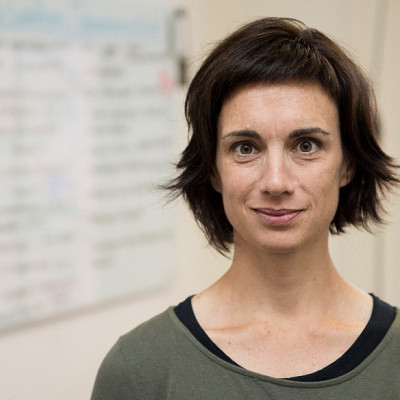
Dr. Kooy is an Associate Professor in the Department of Water Governance at IHE-Delft Institute for Water Education and a guest researcher in the Department of Human Geography, Planning and International Development at the University of Amsterdam. Dr. Kooy’s research and education is concerned with understanding and transforming the politics of urban environments. Trained as a Human Geographer, Dr. Kooy takes water, and water infrastructure, as entry points to understand the processes through which unequal environments in and outside of cities are made, and can be transformed for more socially just and ecologically sustainable outcomes. Dr. Kooy has 20+ years’ experience in environment and development research and practice, both in and outside of academia.
https://www.un-ihe.org/michelle-kooy
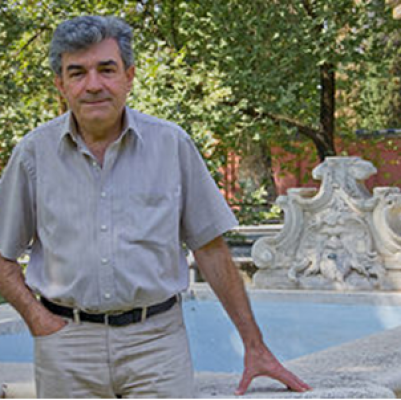
Professor at the Department of Human Geography at the University of Seville. Over the past 20 years he has been researching and evaluating decision-making processes related to water management in Andalusia, Spain and the European Union. In recent years he has directed several international research teams on water resources (SIRCH, ADVISOR, SWAN), with special attention to the methodological aspects for the analysis and diagnosis of socio-ecological systems, the identification of objectives and the definition of action strategies based in the involvement of the different social agents and active participation. He also currently works in the United States (University of Arizona, Tucson, partner of the VII European Framework Program for R&D) and Latin America, sharing the political ecology approach of Waterlat (Sao Paolo 2010, Mexico DC 2011, Buenos Aires 2012, Quito 2013 and Manizales 2104).
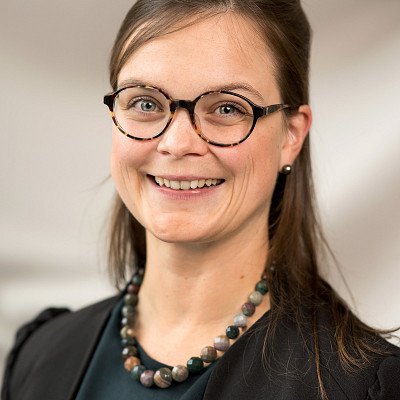
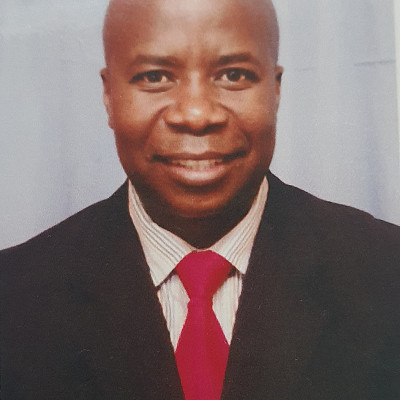
Non-academic Co-supervisor
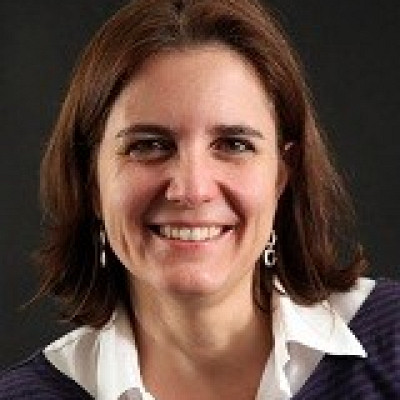
Nuria Hernández-Mora is a senior water policy expert. She has a PhD in Geography from the University of Seville (Spain, 2015) and MS degrees from the University of Wisconsin-Madison (2001) and Cornell University (1995) in natural resources policy and administration. She has over 20 years of experience in research and consultancy focused on water policy evaluation and design, institutional analysis, water economics, public participation and drought management. She has collaborated with non-profit organizations, universities and research institutions, local, regional and national administrations, the European Commission and the World Bank. She is the author or co-author of over 80 publications related to different aspects of water governance.

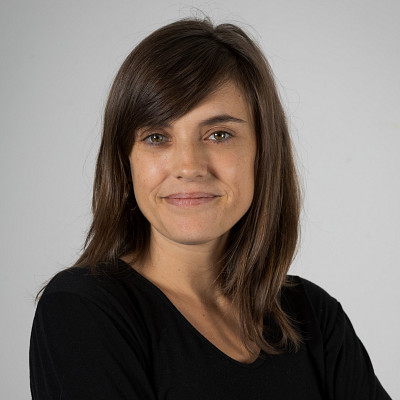
Director of territorial management of the municipality of Quetzaltenango
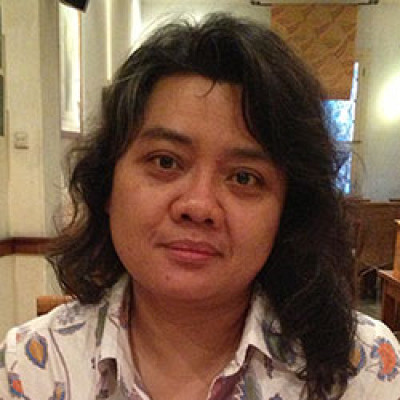
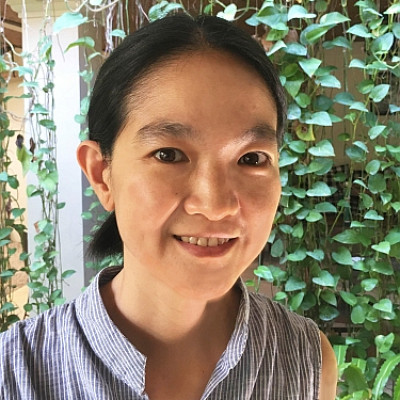
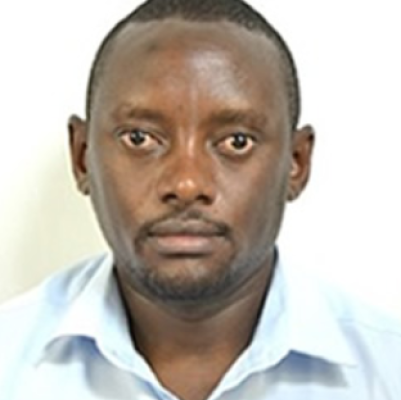
Cliff Niaga has nine years of work experience in urban and rural water services delivery in Kenya and leads the incubation of FundiFix into a sustainable social enterprise.
